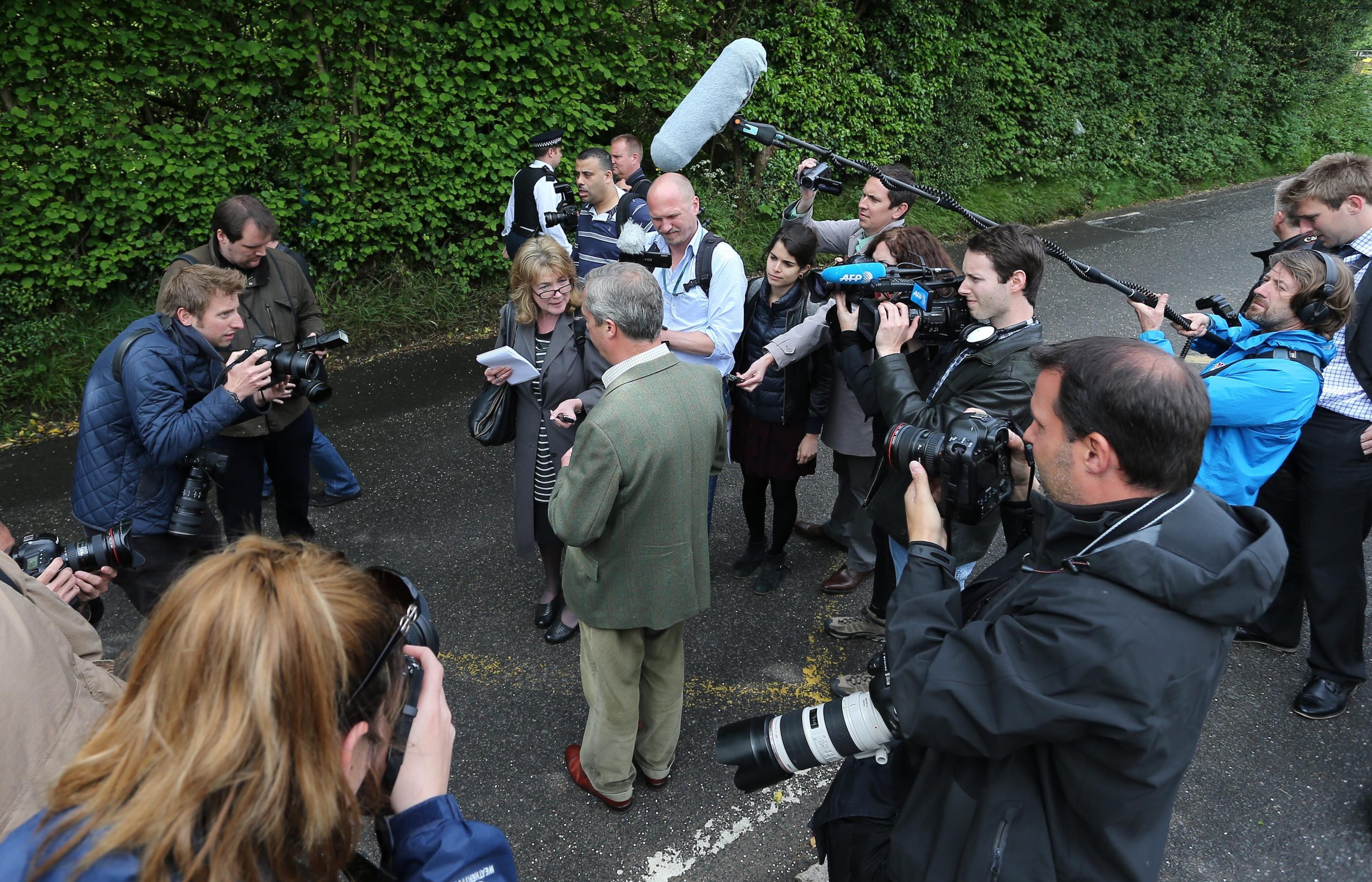
Britain’s libel laws are a malign force far beyond just celebrity journalism. Radical reform is overdue, writes
Jo Glanville
This article originally appeared in the Guardian
Libel laws remain the most significant daily chill on free speech in the UK. Although there is currently a rare momentum for change, with a select committee inquiry and a number of consultations scheduled or under way, it’s likely that politicians will shrink from the necessary radical reform. The establishment’s ingrained suspicion of the press, coupled with some of the media’s more egregious recent excesses, means that the push for reform may be hamstrung by the fear that this would release the media from all restraint. The smears against Kate and Gerry McCann did not endear the press to anyone.
But this attitude fails to comprehend the true impact of libel on freedom of speech. It also ignores the fact that this is not just about tabloids, broadsheets and the bigger media players. Libel also has a damaging effect on the smaller, but no less significant, players. Some of the most important investigations into corruption and human rights abuse are conducted by non-governmental organisations such as Human Rights Watch and Global Witness, whose work is constantly threatened by libel action.
Independent book publishers routinely factor the spectre of libel into decisions about publishing manuscripts. This is a largely hidden form of censorship: faced with a lawyer’s letter, most publishers have to surrender if they want to stay in business. The book, article or report does not see the light of day — and no one gets to hear about it. This is what Lord Hoffman called ‘the blackmailing effect’, where the mere threat of action, even if a bluff, is enough to inhibit publication.
The key issue is costs. The use of ‘no win no fee’ (conditional fee agreements, or CFAs) has turned libel courts into casinos. CFAs were introduced in 1995 to ensure broader access to justice. But under this system lawyers can charge a 100 per cent uplift on their fees, creating an absurd situation where legal costs can be 100 times the damages awarded.
A recent study by the Centre for Socio-Legal Studies at Oxford University revealed the astonishing fact that the cost of libel litigation in England and Wales is 140 times the average elsewhere in Europe. The introduction of CFAs has clearly had the unforeseen effect of limiting the exercise of freedom of expression in the public interest — and decreasing access to justice for groups that would be ruined by legal action.
English PEN and Index on Censorship have been conducting their own inquiry into the impact of libel this year, talking to editors, lawyers, journalists, publishers, bloggers and NGOs. Such is the concern that media competitors and interest groups who are traditionally suspicious of each other have been prepared to sit down at the same table. There is a strong argument that ‘no win no fee’ is incompatible with the right to freedom of speech under article 10 of the convention on human rights.
The Mirror is making this case in the European court of human rights, having faced a bill of more than £1m after being sued by the model Naomi Campbell in a privacy hearing. Index on Censorship and other NGOs are submitting evidence to the court in Strasbourg in an effort to make the court aware that this is not simply a matter of celebrity or tabloid journalism — it’s about the crippling of reporting in the public interest.





